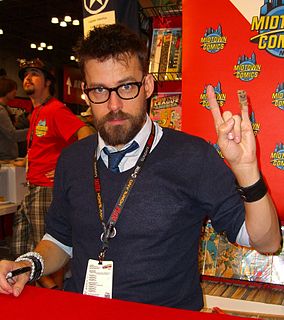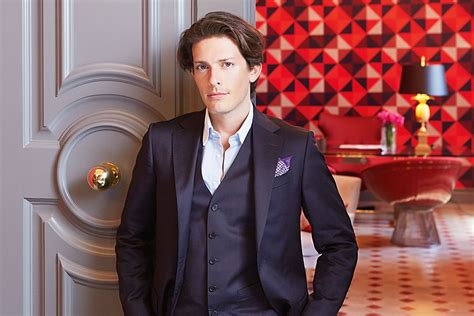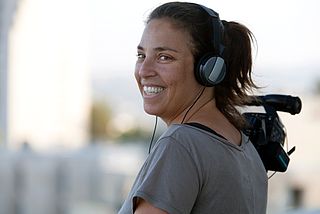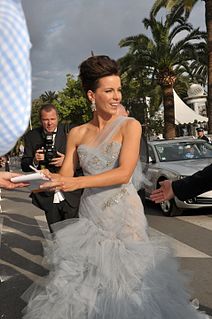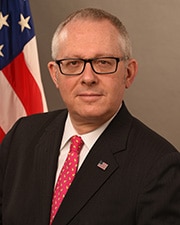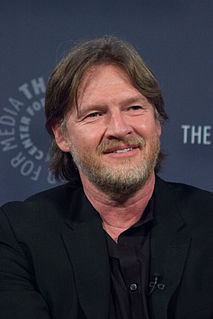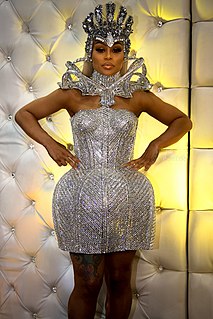A Quote by Matt Fraction
We were pregnant at the time, and while I was out there I started to realize that if I had a daughter, there would come a day when I would have to apologize to her for my profession. I would have to apologize for the way it treats and speaks to women readers, and the way it treats its female characters.
Related Quotes
But while I'd be their daughter, while I'd eat the roast and come home from dates and wash the dishes, I would also be myself. I would love my mother, but I'd never want to be her again. I would never be what someone else wanted me to be. I would never laugh at a joke I didn't think was funny. I would never tell another lie. I would be the truth-teller, starting today. That would be tough. But I was tougher.
I embrace treats, but I'm also very wary of treats. Treats help us feel energized, appreciated, and enthusiastic - but very often, the things we choose as 'treats' aren't good for us. The pleasure lasts a minute, but then feelings of guilt, loss of control, and other negative consequences just deepen the lousiness of the day.
I worked very hard to try and figure out what I thought and I believed that we were going to succeed and that revolutions would happen globally and we would be a part of that and we would have then not capitalism. We would have values based on human lives, not profit. We would actually transform the kinds of ways people built love and built community. It was a very shocking thing to me, out of the end of the 70s and the beginning of the 80s, to realize that that dream - while I still believed in it - was not going to happen in the way that I had hoped.
I was 16 at the time, and I came backstage and started hanging out with them. I said, "Well, maybe you can 'vanish' the silk this way." The opening was a black stage while the "Magic to Do" song started playing. All you saw were hands, lit by Jules Fisher, and then Ben Vereen would appear beyond the hands, and at the end of the scene he would vanish a silk. The spotlight would hit a red spot on the floor where you'd see the silk on the floor. He'd pull the silk out of the floor and it became the entire set coming out of the floor.
